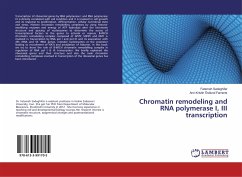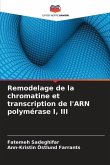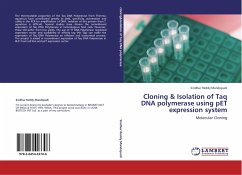Transcription of ribosomal genes by RNA polymerase I and RNA polymerase III is directly correlated with cell condition and it is involved in cell growth and its response to proliferation, differentiation, cellular nutritional state and stress. Histone chromatin remodelling complexes by using histone-modifying enzymes and energy of ATP hydrolysis alter the chromatin structure and spacing of nucleosomes to determine the access of transcriptional factors to the genes to activate or repress. B-WICH chromatin remodelling complex composed of WSTF, SNF2h and NM1 is involved in transcription by RNA pol I and pol III and its association with 45S rRNA and 5S rRNA genes, remodel nucleosomes at the promoter leading to recruitment of HATs and acetylation of histones. In this book we try to show the role of B-WICH chromatin remodelling complex in regulation of RNA pol I & III transcription. We briefly explained the ribosomal genes and their structure and also the main chromatin remodelling complexes involved in transcription of the ribosomal genes has been introduced.








